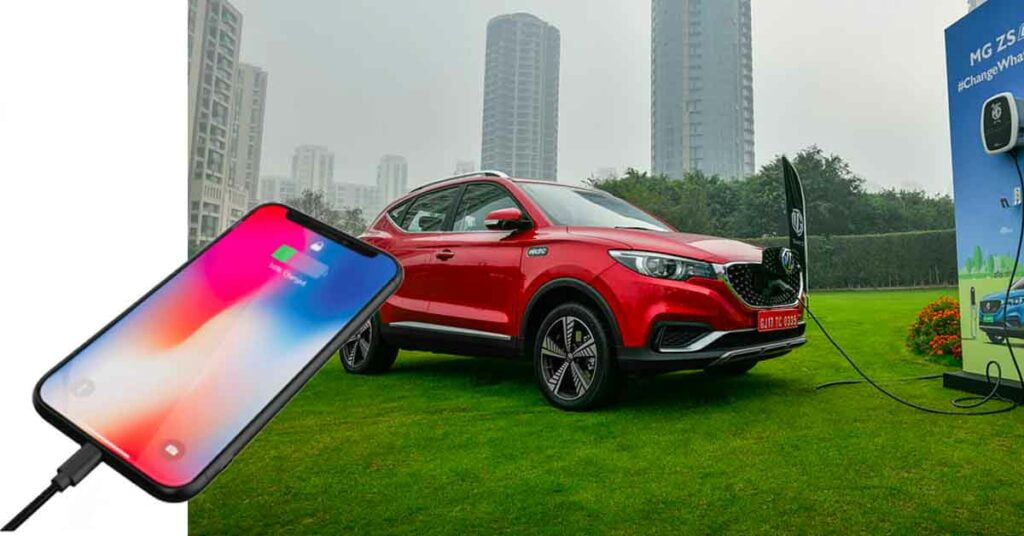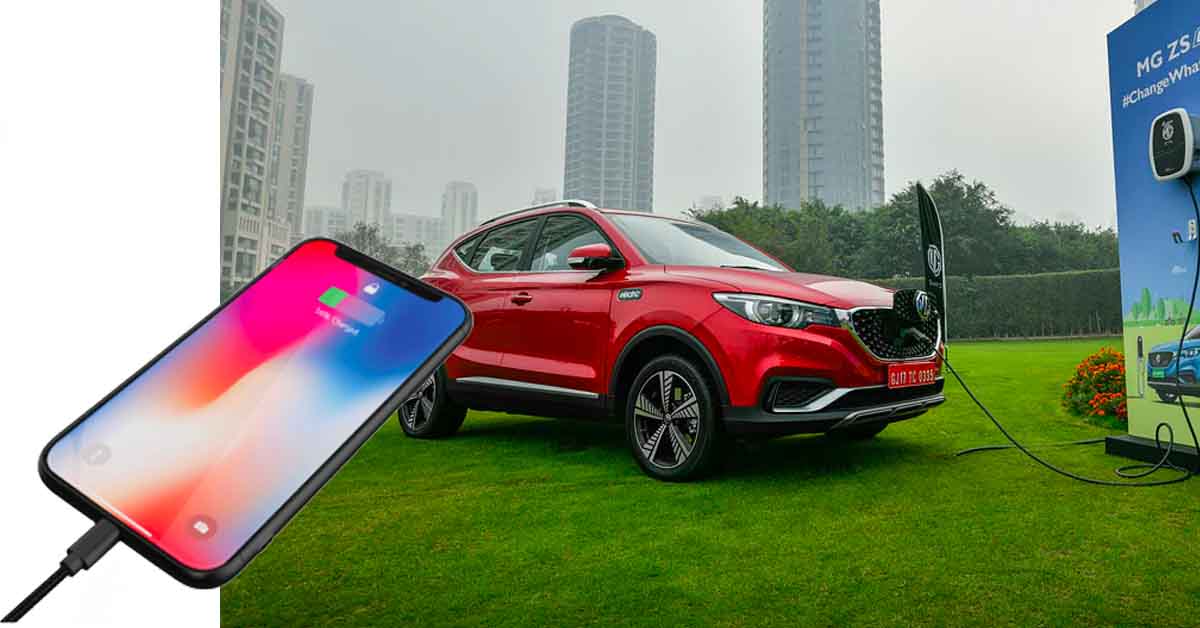Research & development in battery technology is at an all-time high and we get to hear about new techniques very often.
In an exciting piece of news, a new technique is being developed which charges electric vehicles at a lightning fast speed. In fact, the scientists who created this technique are claiming that it is even faster than charging your smartphone. As per this technology, an EV could be charged up to 90% in just 10 minutes. The ultimate aim of this technique is to offer similar charging times compared to filling the vehicle at a gas station with petrol or diesel. While this might seem a bit too ambitious, we are certainly heading in that direction in the coming years.
You may also like: India Needs 46,000 EV Chargers To Reach Global Standard: Study

You may also like: This Indian State Offers Upto Rs 6 Lakh Subsidy on EVs!
New Technique Charges Electric Vehicles Super Fast
Eric Dufek is the lead author of this innovative experiment and a scientist at the Idaho National Laboratory in the U.S. He, along with his team, aims to bring the charging time to below what it would take to fill the vehicle with fuel. However, the downside of fast charging is that it negatively affects the lifespan and efficiency of the battery in the long run. But regular charging could take anywhere between 20 and 40 hours to completely charge the battery of a regular EV. That is a huge sign of worry for a whole lot of people who are on the borderline of shifting to EVs.
You may also like: How Tata Nexon EV was Born as an Outcome of ‘Jugaad’
That is what is preventing a large proportion of car owners from going electric. Currently, the EV makers that offer the DC fast charging options claim that the EVs could be charged up to 80% in somewhere between 20-40 mins. This is great for the times we live in. But if we want to make EVs mass-market products some years down the line, this aspect needs to be improved even further. That is when techniques like these will play an important role. To reach there, the team of scientists assessed 20,000 to 30,000 data points using Machine Learning to check the impact of fast charging on the life and ageing of the battery.
You may also like: Tata Avinya Pickup is India’s Answer to Musk’s Tesla Cybertruck
We can be rest assured that the automobile industry is heading toward electrification. It seems like this is the only way forward to tackle the issues of rising pollution and global warming. Therefore, techniques like these could prove to be game-changing in this transition from coal-powered fuel sources to sustainable electric energy sources. What are your thoughts on the matter?


